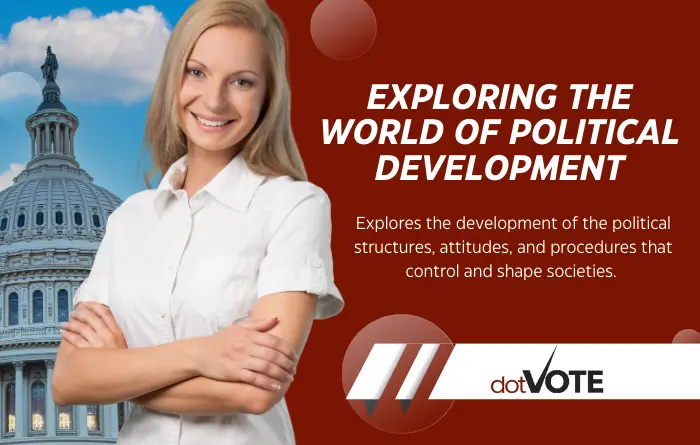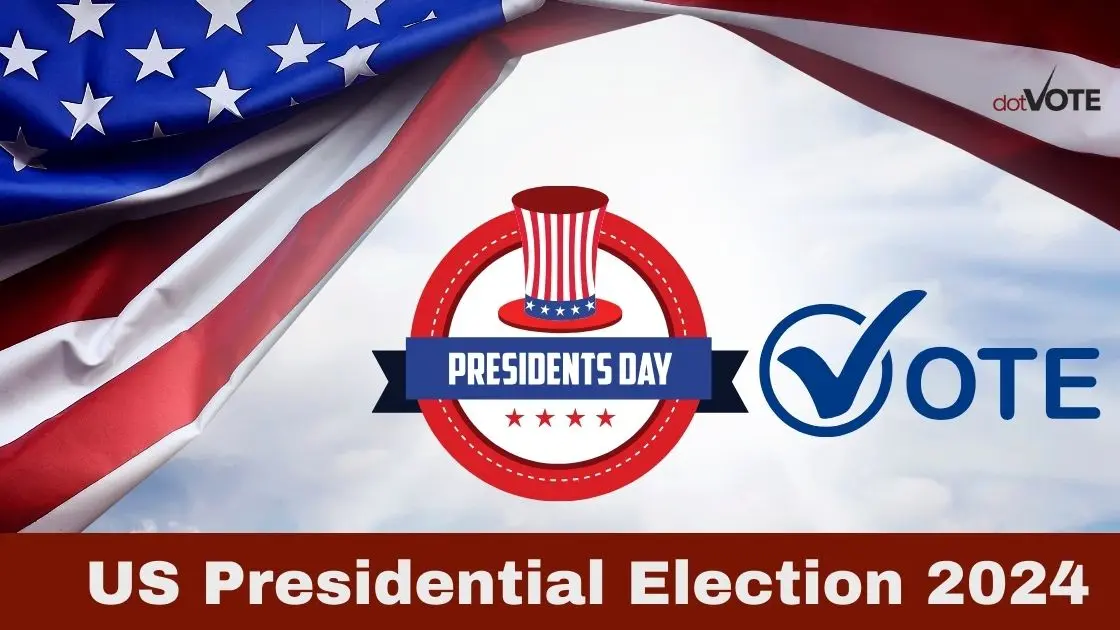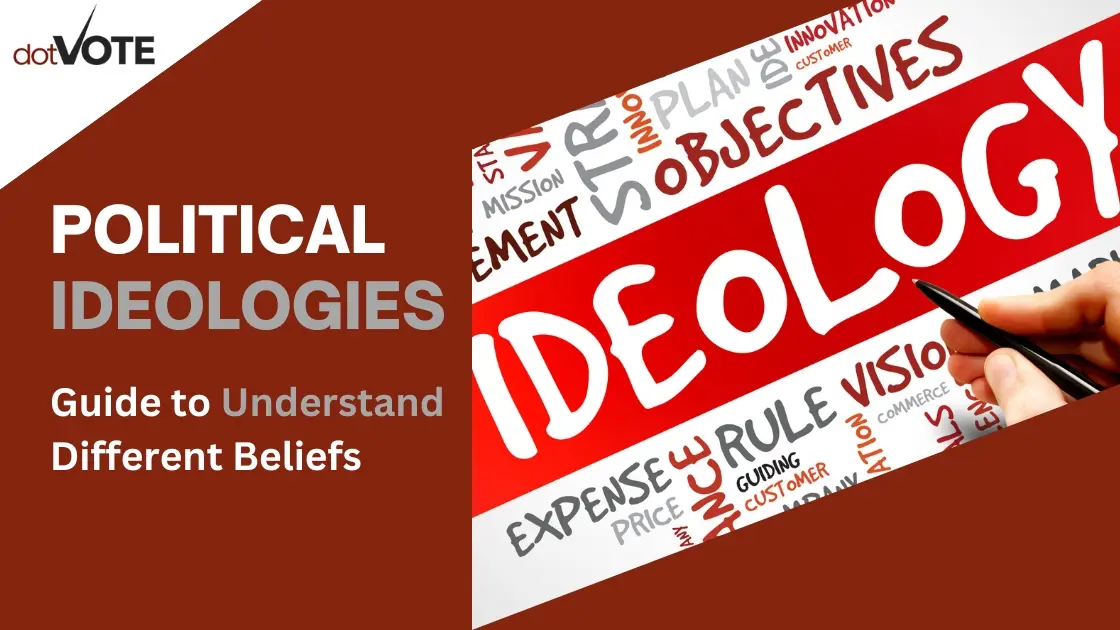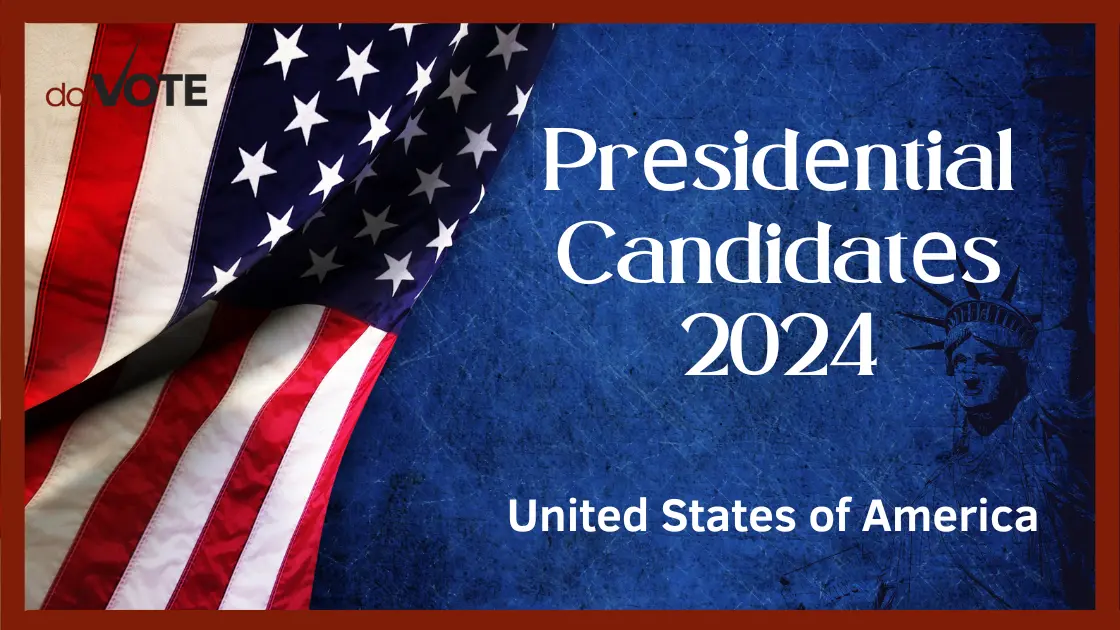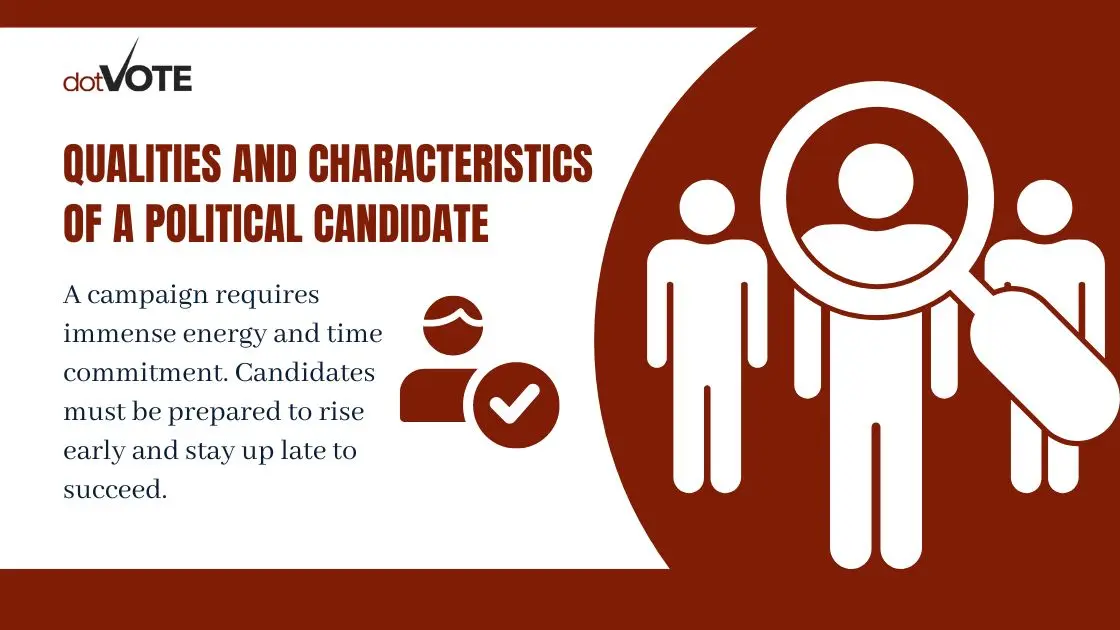Understanding political development becomes essential in our global society’s ever-changing context. It explores the development of the political structures, attitudes, and procedures that control and shape societies.
Establishing governments is only one aspect of the complex network of beliefs, rules, and institutions that supports societal development. The significance of tracking political growth is amplified as we enter a time when political climates change quickly and have far-reaching effects.
This article explores all aspects of political evolution, from its causes to its effects in developed and developing countries. Follow us as we delve into historical backgrounds, illustrative instances, and the relationship between politics and other societal systems.
This examination will improve your comprehension of the world’s political landscape, whether you’re a scholar, student, or simply interested.
The Origins and Evolution of Political Development
The concept of political development has its roots in the early emergence of statehood and governance in ancient civilizations. It’s important to realize that this evolution wasn’t linear or universal. Rather, it changed depending on the region, the culture, and the conditions at the time.
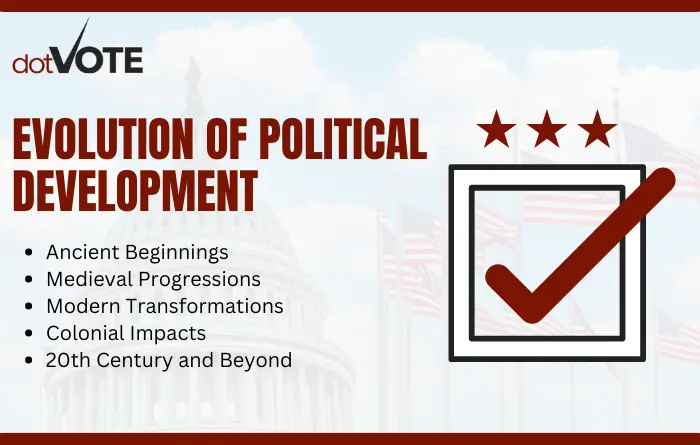
Ancient Beginnings
The earliest communities created political institutions by establishing centralized rulers from Mesopotamia to the Indus Valley. These rulers frequently got their authority through religious precepts or their military strength. The concept of democracy, which gave everyone a voice in government, started to take shape in locations like Ancient Greece.
Medieval Progressions
With the expansion of empires and the establishment of kingdoms, a shift towards monarchy and feudalism took place. For instance, the Magna Carta, which limited the authority of the English king and established the principle of constitutional government, signaled a significant political shift in 1215.
Modern Transformations

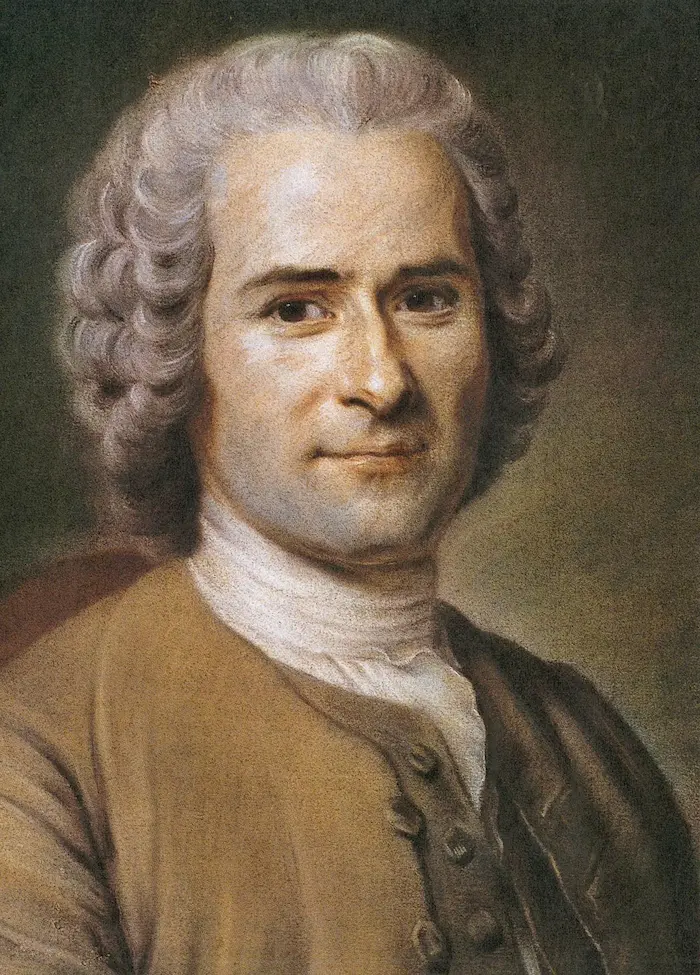
The Enlightenment brought about significant changes. Philosophers like John Locke and Jean-Jacques Rousseau introduced the ideas of individual rights and social contracts, and they significantly impacted the American and French Revolutions. These revolutions, in turn, sparked the global spread of republicanism and democratic principles.
Colonial Impacts
Colonization played a contradictory function. While colonizers frequently repressed native political systems, the struggle for independence in colonized countries created distinctive political organizations and movements that reflected native values and imported ideology.
20th Century and Beyond
The World Wars, the Cold War era, and the decolonization movements all greatly impacted world politics. Establishing multinational organizations like the United Nations demonstrated a shift towards collective governance and diplomacy. The digital revolution has impacted politics in the late 20th and early 21st centuries. Information accessibility has changed how we perceive government.
Socioeconomic conditions, technical developments, and the collective psyche of communities have all influenced political growth throughout history. It continues to be a fluid process, always adapting to national and international changes. The political lessons from the past serve as cautionary stories and compass points for the future.
Anti-Politics Machine
The “Anti-Politics Machine” is a fascinating yet essential lens through which one might see the complex dynamics of development. This concept, developed by anthropologist James Ferguson, provides insight into the odd contradictions of development projects.
Essence of the Concept
In The Anti-Politics Machine, a development project’s frequent neutralization or marginalization of the political aspects of the issues it addresses is critically examined. This is especially true of initiatives in the Global South. These initiatives convert complex political issues into apparently simple technical problems with an aura of technocratic objectivity.
Operational Dynamics
There is frequently a blueprint method used when foreign organizations or NGOs launch development initiatives at the local level, prepared answers that avoid the intricate socio-political fabric of the target region. They unintentionally depoliticize issues firmly rooted in politics by framing their actions as universally beneficial and free from political intent or impact.
Implications
This depoliticization can lead to a host of issues.
- Oversimplification of Problems: Vital nuances related to power dynamics, local disputes, or cultural norms might be overlooked.
- Marginalization: Local entities and individuals with contextual understanding often find themselves on the peripheries of decision-making processes.
- Unintended Repercussions: Projects might inadvertently exacerbate conflicts or engender new ones by not factoring in the political intricacies.
The unexpected consequences of well-intentioned development measures are encapsulated in The Anti-Politics Machine. It emphasizes how crucial it is to engage fully and contextually rather than briefly examining the regions and communities intended for development.
Notable Political Development Examples
Historical landmarks and revolutionary revolutions that altered governmental and social structures have influenced political growth. Here are a few crucial instances.
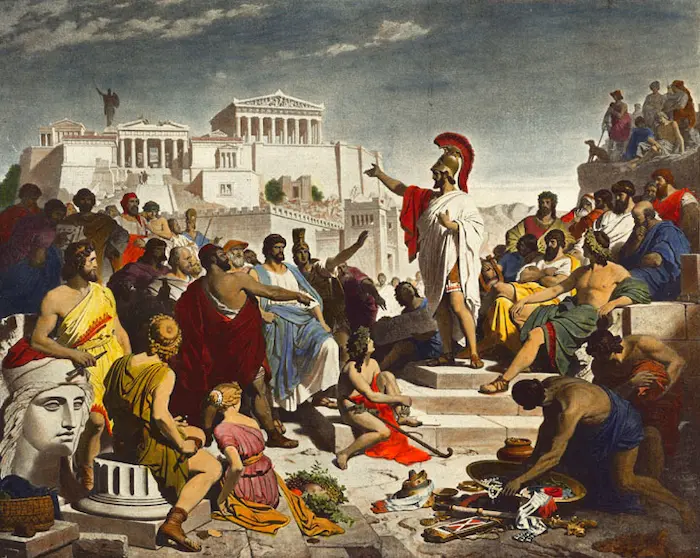
Ancient Athens is frequently seen as the birthplace of democracy because it established a system in which free male people actively participated in making decisions. This fundamental break from monarchical power created the foundation for democratic systems worldwide.
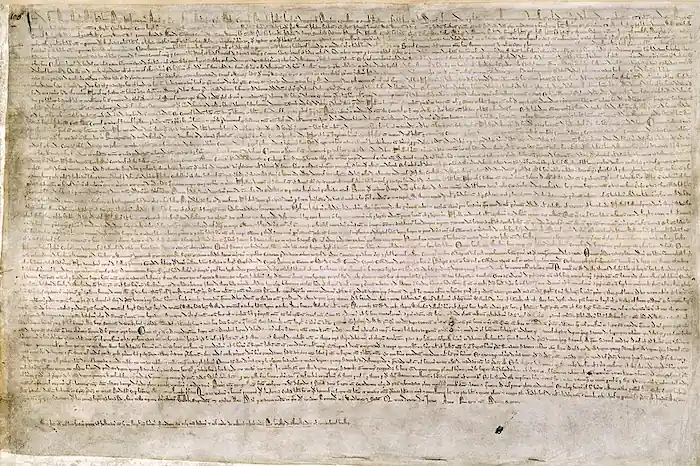
This important agreement, which was signed in 1215 and represented a shift towards constitutional government and strongly emphasized the rule of law, limited the English monarch’s uncontrolled powers.
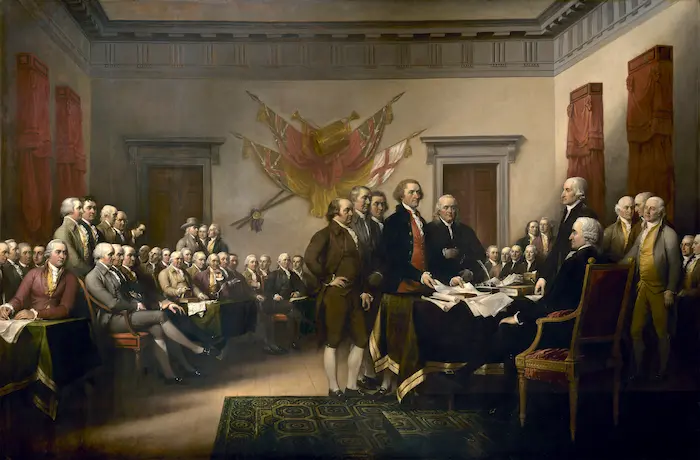
This revolution, which took place between 1775 and 1783, resulted in the founding of the United States, which was based on democratic, individual rights, and checks and balances principles. The U.S. Constitution that followed is still a shining example of representative government.
Decolonization in Africa
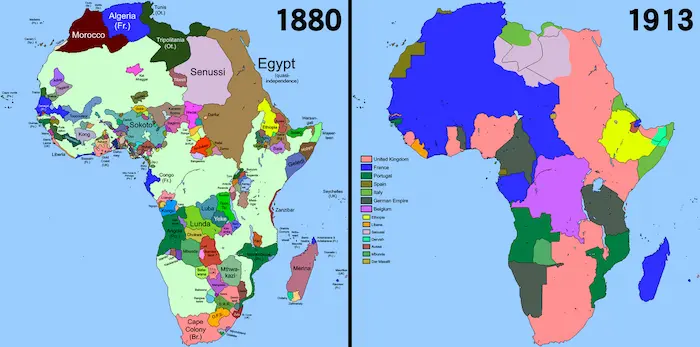
A wave of African countries won independence from colonial powers in the middle of the 20th century. New political institutions were established during this time, and indigenous practices and contemporary political systems were combined.
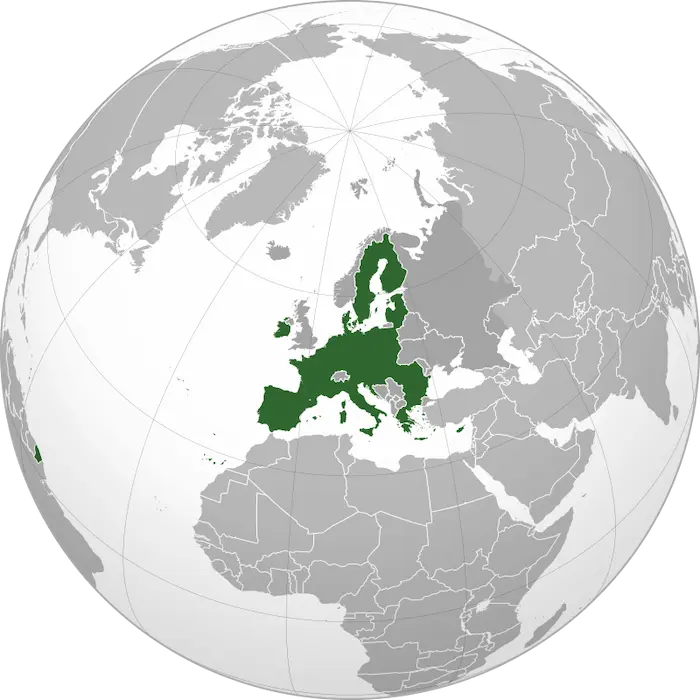
The EU stands out as a distinct political force in the post-World War II world by focusing on regional cooperation, shared governance, and collective diplomacy.
Each milestone emphasizes political progress’s dynamic, developing aspect, reflecting humanity’s aspirations for just, responsive governmental structures. Lessons from these events are still influencing politics all across the world.
Political Development in Different Spheres
Political Evolution has taken many forms as a multidimensional phenomenon, reflecting various historical trajectories, cultural influences, and socioeconomic situations. A detailed examination of its diversification follows.
Politics and Development: A Symbiotic Relationship
The relationship between politics and socioeconomic development is intricate. While political structures determine the scope and focus of development efforts, the latter frequently change the political environment. For instance, successful economic measures may increase a governing party’s popularity or political upheavals may be caused by unsuccessful development efforts.
Development of International Relations
In the age of globalization, a country’s political development does not occur in a space. International commercial agreements, diplomatic groups, and bilateral and multilateral ties play crucial roles. Regional blocs, the World Trade Organization, and other organizations have emerged as key players in setting political trajectories through diplomacy, sanctions, and development aid.
Studies in American Political Development
Since its revolutionary beginnings, the United States has been a fascinating canvas for political evolution. Federalism, the checks and balances system, and the development of political parties all demonstrate how beliefs interact dynamically. Its political environment has continuously changed due to populist revolutions, civil rights campaigns, and more.
Politics in the Developing World
Post-colonial countries coping with the effects of foreign control have carved out their political trajectories. A complex tapestry of political evolution may be seen in the non-aligned movement, the emergence of domestic political ideas, and the difficulties in constructing stable governmental institutions among varied populations.
Political and Economic Development
It’s common for a country’s political stability and economic growth to coexist. Political progress tends to be sustained in nations that have promoted inclusive growth, secured economic fairness, and maintained stable governance systems. On the other hand, economic inequality can spark political unrest and undermine existing institutions.
Political evolution is neither uniform nor linear. Every narrative presented by many domains adds to the vast variety of world political history. As we navigate the 21st century, it becomes crucial to comprehend these complexities to promote international collaboration and shared progress.
Unpacking the Development of Political Geography
Political geography, a dynamic branch of geography, examines how geopolitical circumstances affect political identities, power relations, and interactions on the international stage. Understanding its history can help you understand how territory, people, and power interact.
Ancient Roots and Territorial Understandings
Prehistoric civilizations are where political geography got its start. Understanding and controlling land was essential, from Mesopotamian borders to the vastness of the Roman Empire. Maps from these times portrayed political authority, influence, and physical environments.
Rise of Nation-States
The idea of the independent nation-state emerged with the signing of the Treaty of Westphalia in 1648, forever changing the world’s political landscape. A world map with defined territorial entities resulted from boundaries becoming sacred national identity and sovereignty symbols.
Colonial Era and Geopolitics
The colonial era drastically altered political geography. Maps of the world were redrawn by European nations, who also established colonies and areas of influence. This time period brought home how closely territorial dominance and world power dynamics are related.
Cold War Dichotomies
The Cold War-era post-World War II era established a bipolar geopolitical order, with the U.S.-led Western Bloc and the Soviet Union-dominated Eastern Bloc. Countries were mapped based on their allegiances, and political geography was now about territorial control and ideological domination.
Globalization and Transnationalism
Globalization has recently questioned long-held beliefs about political geography. Transnational groups, including multinational companies and international alliances, have blurred the precise geographic delineations of power. This is more difficult by developing virtual venues where political activities and responses occur.
The evolution of political geography reflects the changing interactions between territoriality, identity, and power. The outlines of political geography will continue to alter as the globe faces new challenges, such as climate change and the digital revolution, necessitating new viewpoints and understandings
Conclusion
Throughout history, political development, a complicated dance of shifting ideas, systems, and structures has been at the center of human advancement. Its journey represents our common aspirations, difficulties, and lessons, from the primitive government systems of ancient civilizations to today’s intricate global political tapestry.
Understanding this development becomes more than just an intellectual effort as we traverse the problems of the 21st century. It serves as a compass directing our collective activities. Real progress, equity, and peace will be fostered through governance in a world that embraces historical lessons, current realities, and future changes in political landscapes.
Frequently Asked Questions
Q: What distinguishes political development from political change?
A: While both terms involve shifts in the political landscape, political evolution typically refers to a more systematic, organized progression, often leading to enhanced capacities, institutions, or practices within a society. Conversely, political change can be both progressive and regressive, encompassing any alteration in the political scenario, be it due to revolutions, coups, policy shifts, or leadership changes.
Q: How does culture influence political evolution?
A: Culture shapes political institutions, values, and beliefs. Accepting particular political systems or ideologies can be helped or hindered by conventional views, social conventions, religious teachings, and historical accounts. Communal decision-making procedures, for instance, may support democratic norms in indigenous cultures, but strongly ingrained hierarchies may support centralized, authoritarian systems in other cultures.
Q: Are democracy and political development synonymous?
A: They aren’t, no. Political evolution is a general term encompassing developing and improving political systems, practices, and institutions. In contrast, democracy is a particular style of government that emphasizes citizen participation, rights, and freedoms. Political evolution can occur in non-democratic environments and vice versa.
Q: How do modern technologies impact political evolution?
A: Political engagement, mobilization, and awareness have all undergone revolutionary changes due to modern technology, particularly the Internet and social media. They have enabled grassroots movements, fostered immediate worldwide communication, and increased governance transparency. They have, however, also brought difficulties, such as false information, online threats, and privacy issues, all of which impact the course of political growth in the digital age.

